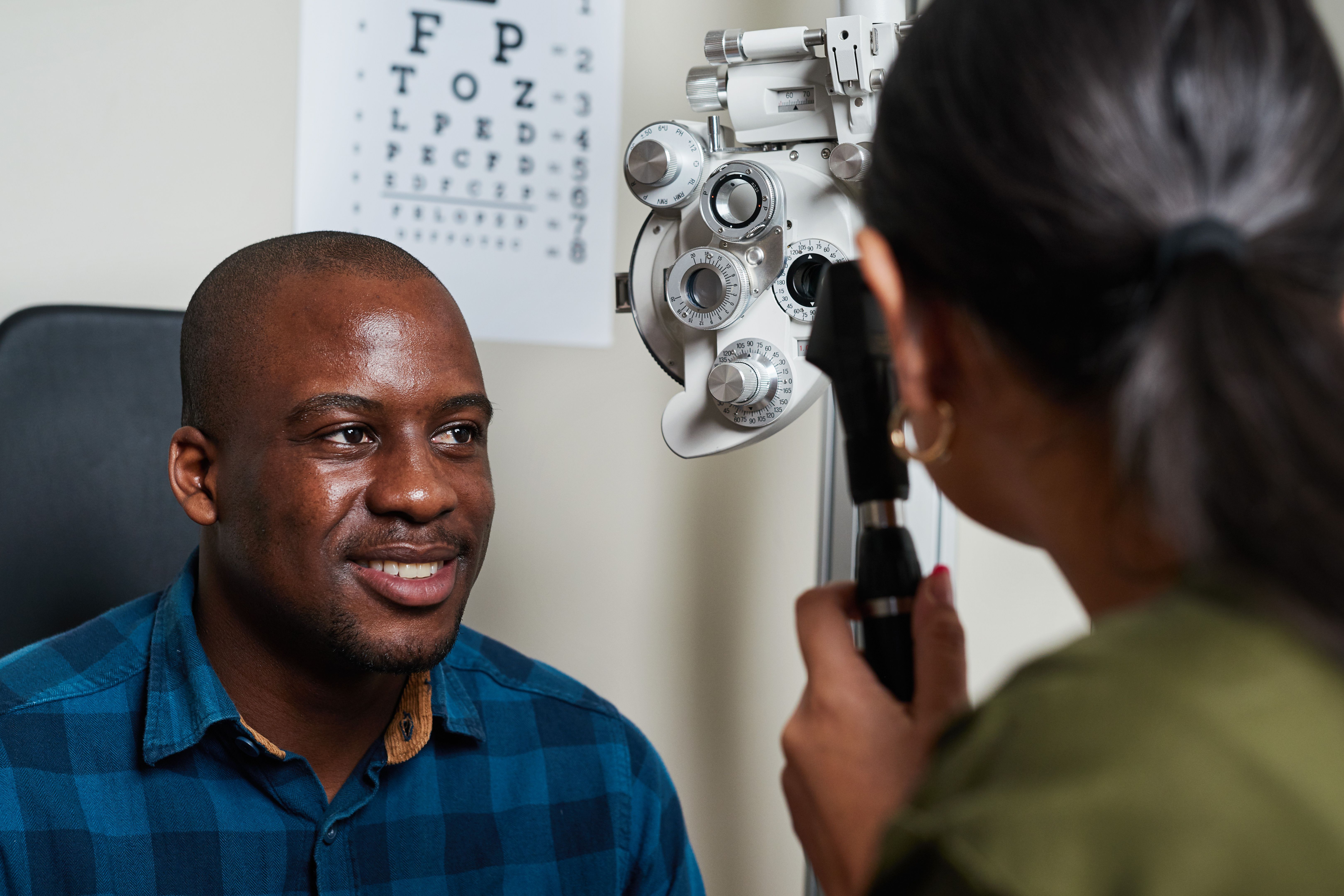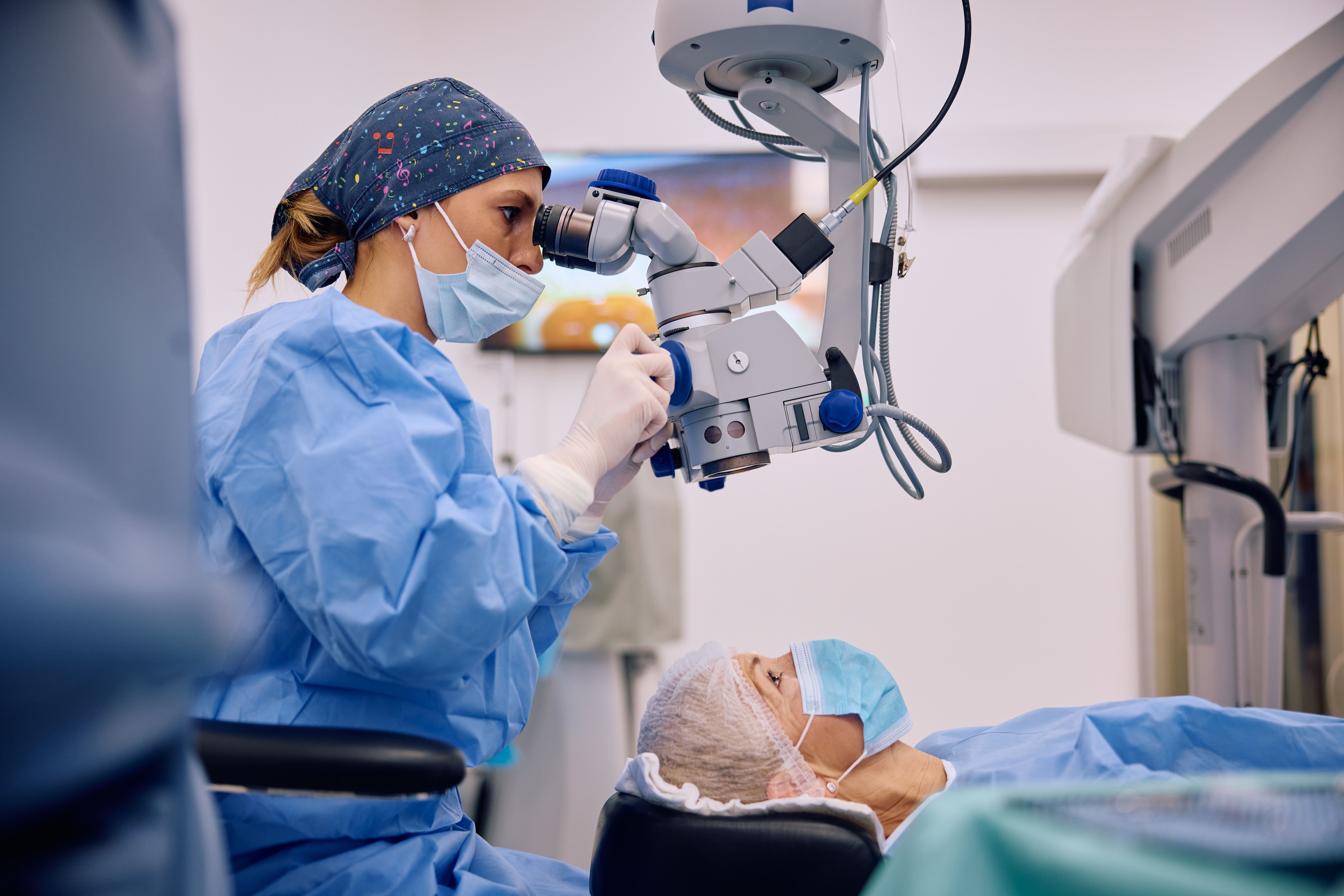The Importance of Timely Cataract Treatment
Understanding Cataracts
Cataracts are a common eye condition that affects millions of people worldwide, particularly those over the age of 60. This condition occurs when the lens of the eye becomes cloudy, leading to blurred vision, difficulty with glare, and trouble seeing at night. Despite its prevalence, many people delay treatment, often due to misconceptions about the urgency of addressing cataracts.

The Consequences of Delaying Treatment
Delaying cataract treatment can significantly impact your quality of life. As cataracts progress, they can severely impair vision, making it challenging to perform everyday tasks such as reading, driving, or even recognizing faces. This impairment can lead to increased dependency on others, reduced independence, and a higher risk of accidents and falls.
Moreover, untreated cataracts can lead to more severe eye conditions. In some cases, cataracts may contribute to glaucoma or cause inflammation within the eye. These complications can further deteriorate vision and may require more complex treatments down the line.
Benefits of Timely Intervention
Undergoing timely cataract surgery can restore vision and significantly improve your quality of life. The procedure is generally safe and effective, with a high success rate. Most patients experience improved vision shortly after surgery, allowing them to return to their daily activities with renewed ease and confidence.

Early intervention also helps prevent the potential complications that can arise from untreated cataracts. By addressing the issue promptly, patients can avoid more extensive procedures and maintain healthy eyesight for years to come.
Recognizing the Signs
Recognizing the early signs of cataracts is crucial for seeking timely treatment. Common symptoms include blurred vision, faded colors, sensitivity to light, and seeing halos around lights. If you experience any of these symptoms, it's essential to consult an eye care professional for a comprehensive examination.
Regular eye exams are vital in detecting cataracts early. Individuals over the age of 60 should have their eyes checked at least once every one to two years. These exams can help monitor the progression of cataracts and determine the appropriate time for intervention.

Conclusion: Prioritizing Eye Health
Timely cataract treatment is crucial for maintaining optimal vision and overall well-being. By addressing cataracts promptly, individuals can avoid complications, enhance their quality of life, and preserve their independence. Don't wait until your vision has deteriorated significantly—take proactive steps to protect your eye health today.
If you or a loved one suspect the presence of cataracts, schedule an appointment with an eye care professional. Early detection and treatment can make all the difference in maintaining clear, healthy vision for years to come.
